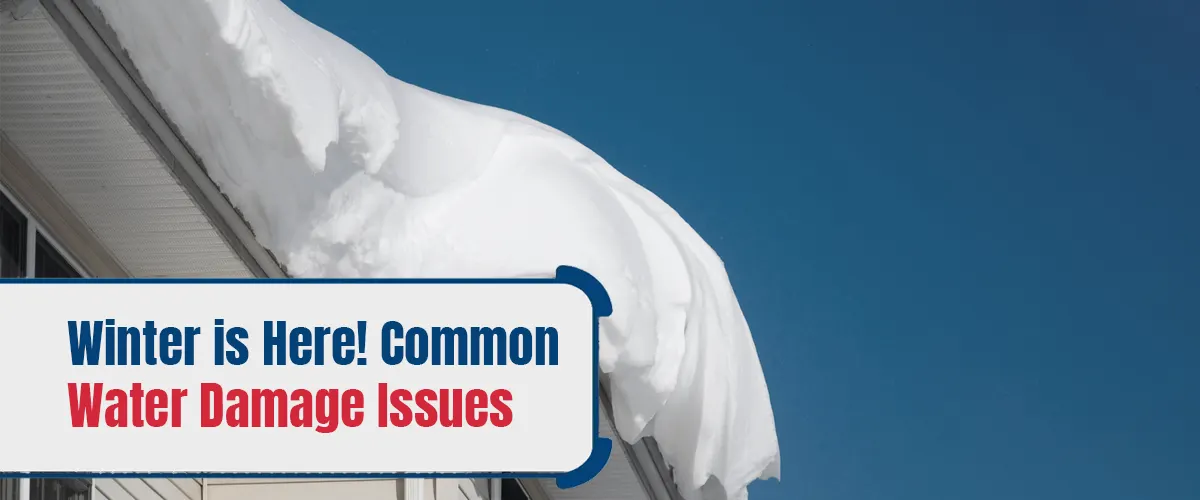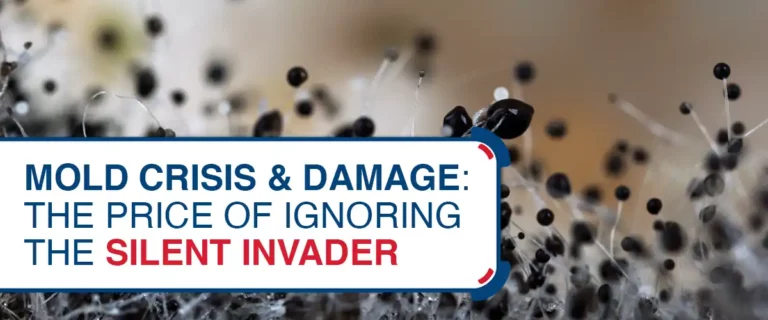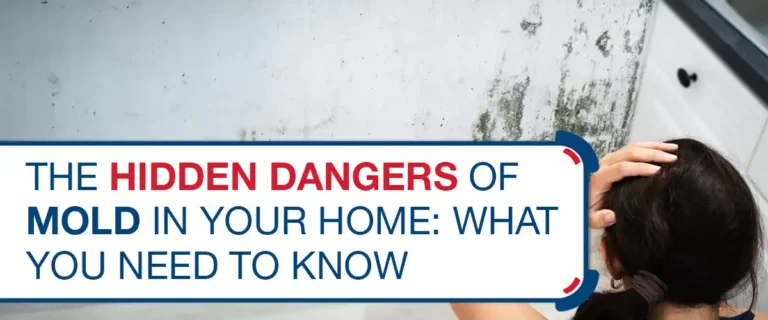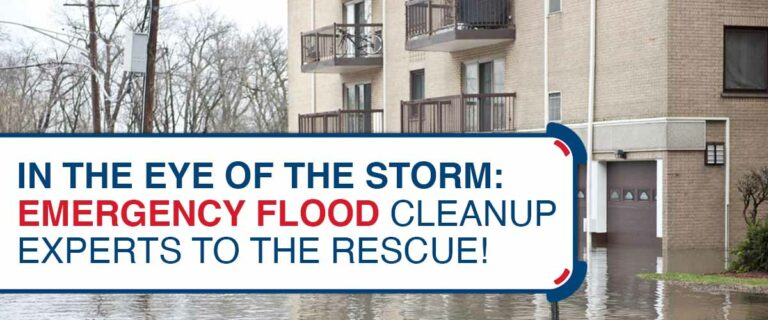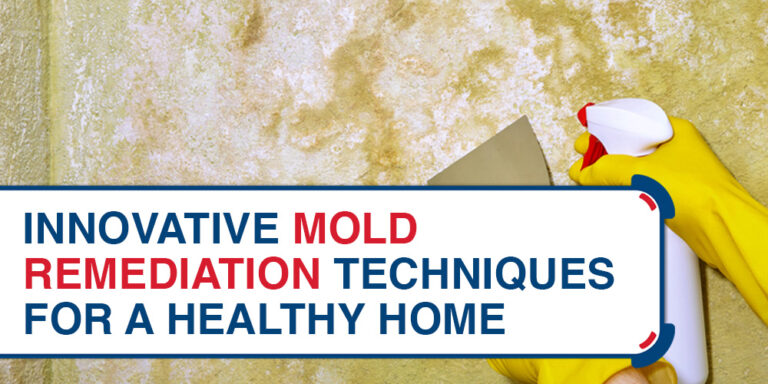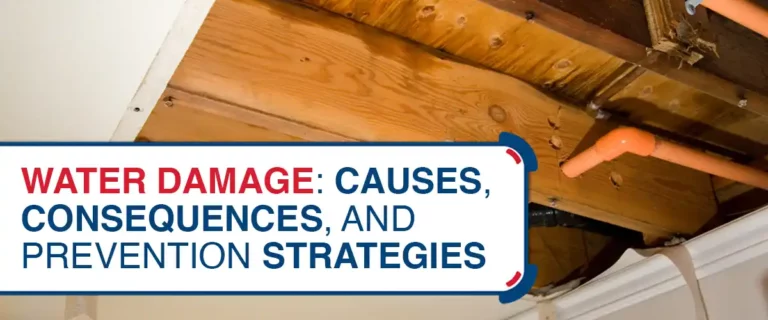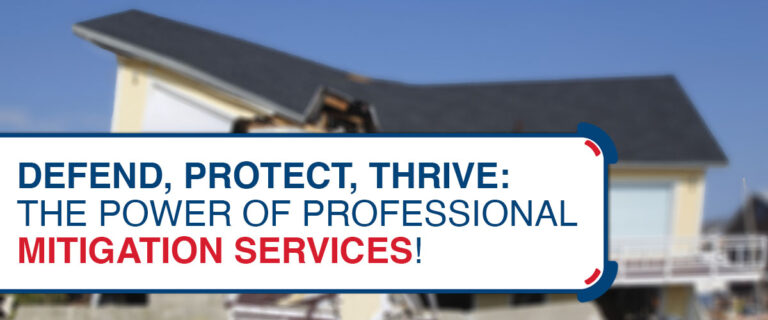Winter is here, and along with the cozy vibes and snowball fights, it brings a less pleasing guest: water damage. Yep, those beautiful snowflakes can turn into sneaky troublemakers, especially when they melt. But if you get everything set, no need to worry. Water damage experts in Mission, KS, are here to save you from headaches during the freezing season. Sit back and read through as we explore common water damage issues that can arise during winter and how to address them effectively.
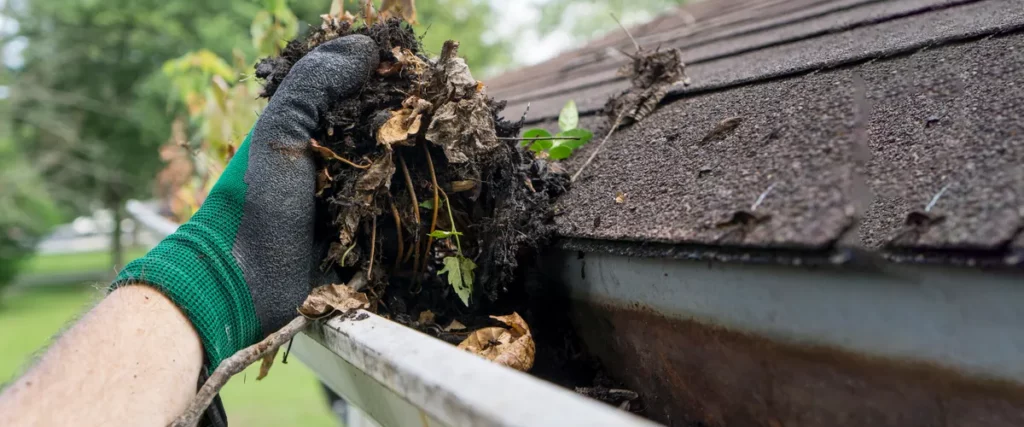
1. Leaks and Infiltration
One of the primary consequences of heavy winds and snow accumulation is water infiltration into homes. This section will shed light on two critical forms of infiltration:
- Gutter Clogs and Leaks: When strong winds blow, they can carry leaves, twigs, and other debris that might end up in your gutters. If these gutters get clogged, rainwater and melted snow won’t be able to flow away correctly. This can lead to leaks that might find their way inside your home.
- Basement Leaks: Once snow melts, it can turn into water that might enter your basement. This can consequently cause damage that you might not even see right away.
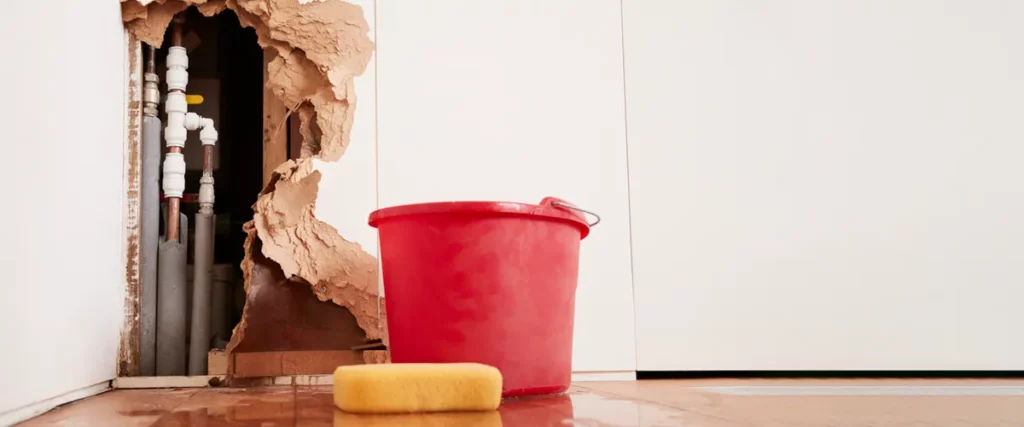
2. Burst Pipes and Flooding
As you may know, subfreezing temperatures can trigger bursts in pipes, resulting in flooding that can wreak havoc on properties. After the flooding caused by Hurricane Ida led to the deaths of 50 people, New York City’s mayor, Bill de Blasio, indeed stresses “to act very differently” towards extreme rainfall. Winter is no exception. The following are potential water damage issues that may occur during winter:
- Pipes and Cold Snaps: When the temperature drops during winter, the water inside pipes can freeze and expand, which can cause the pipelines to crack or burst — thereby leading to flooding.
- Sump Pump Failures: This equipment is designed to keep water from accumulating in your basement or crawl space. However, freezing temperatures pose challenges to their functionality.
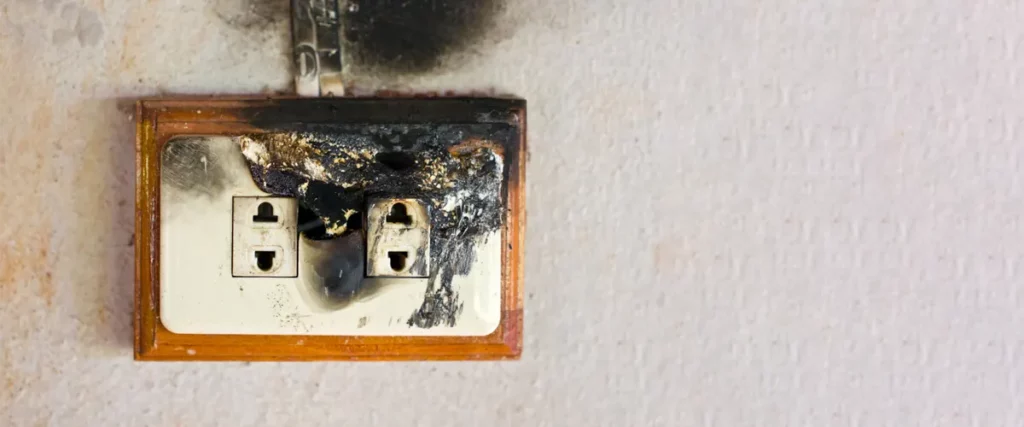
3. Fire Hazards in Winter
Beyond water damage, winter storms can pose fire risks. Prevent the following potential fire hazards during this season:
· Overloaded Outlets
During the colder months, we often use more heating equipment like space heaters and electric blankets to stay warm. However, plugging too many of these devices into the same outlet can be dangerous. An overloaded outlet can overheat and start an electrical fire.
· Unattended Fireplaces
Fireplaces provide warmth and ambiance but can also be hazardous when left unattended and not properly maintained. Creosote, a black, tar-like substance, accumulates in chimneys over time and can ignite, causing a fire.
· Using Gasoline or Propane
It is not advisable to use things like generators, camp stoves, charcoal grills, or heaters that run on gasoline or propane inside your house. These things can accidentally start fires, give you electric shocks, or cause carbon monoxide poisoning, which can be deadly. It is safer to use them outside where there is good airflow.
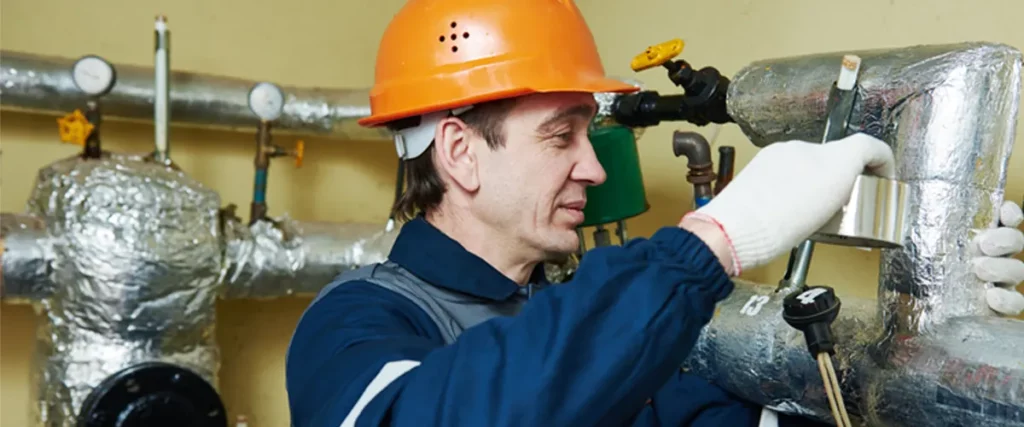
How Can We Mitigate These Water Damage Issues During Winter?
After understanding the potential water damage scenarios during winter storms, learn how to mitigate these issues effectively. Below are actionable steps that you may take:
- Regular Gutter Maintenance: Leaves, dirt, and stuff can build up and block the water from flowing away. If this happens, your gutters might leak, and that could cause problems inside your home. So, remember to check and clean your gutters regularly, especially in the fall when there are lots of leaves falling.
- Basement Waterproofing: Your basement is below the ground, and sometimes, water can find its way in. You can seal any cracks in the walls or floor to stop this. Also, consider installing a sound drainage system to lead water away from your basement.
- Insulating Pipes: When it gets super cold, the water inside pipes can freeze and make them break. To avoid this, you can wrap your pipes with special material to keep them warm. This stops the water inside from freezing and causing big problems.
- Sump Pump Checks: Regularly test your sump pump to ensure it works okay. You can also think about a backup system in case the primary pump needs help.
- Safe Heating Practices: Ideally, we use heaters to keep warm when it’s cold. However, it’s imperative not to plug too many things into one outlet to avoid overheating. Educate yourself more on the safe practices when using heating equipment.
- Fireplace Safety: Make it a habit to clean your chimney every year to prevent fires. Don’t leave the fire alone, and ensure it’s entirely out before leaving the room. This way, you can enjoy the coziness without any worries.
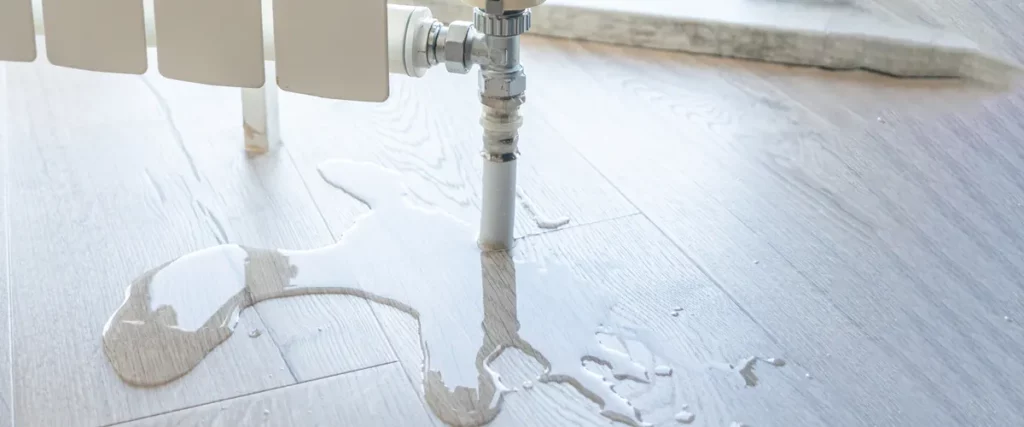
Be Prepared During Winter Against Water Damage!
As winter ushers in its challenges, being well-informed about common water damage issues is the first step toward safeguarding your property. By recognizing the potential risks and implementing effective mitigation strategies, you can confidently navigate through the season and keep your home safe from the ravages of winter storms. Remember, preparation is key to minimizing water damage and ensuring a secure living environment throughout the colder months.
Additionally, a water damage cleanup in Mission, KS, can help solve severe winter problems causing water damage. Even while this service could set you back a few hundred dollars, it can save your house from serious harm, and you will save more money by avoiding the need to pay for much more expensive repairs these water damages can lead to.
References:
- https://www.ready.gov/sites/default/files/2020-08/fema_winterstorm_htp.pdf
- Holcombe, M., and Hanna, J. (2021, Sept. 4). After Ida’s remnants kill dozens in the East, NYC mayor says cities need to prepare differently for increasingly intense storms. CNN,
- https://edition.cnn.com/2021/09/03/weather/ida-eastern-us-flooding-friday/index.html


